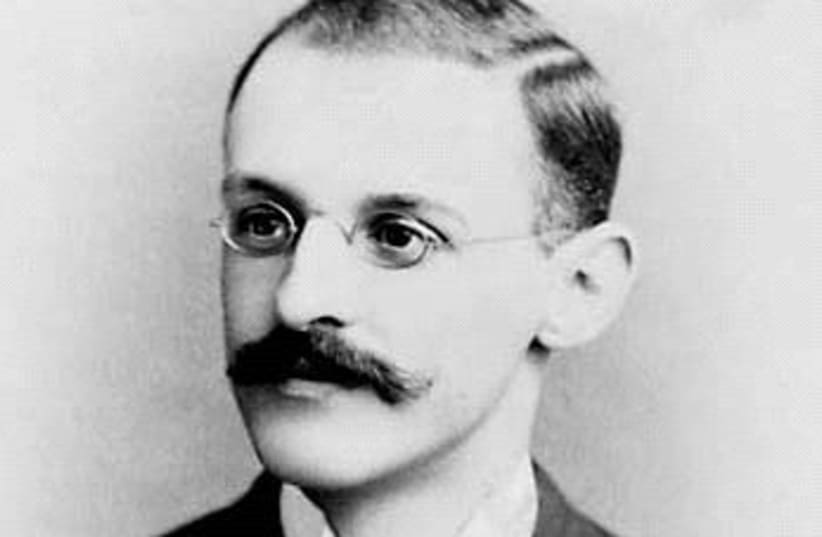(JTA) — The name of a Jewish educator called the “father” of modern medical education is being removed from a prestigious award because of the racist and sexist views espoused in his work.
The Abraham Flexner Award had been given for more than 60 years by the American Association of Medical Colleges to a person or group that advanced medical education. The award honored Flexner, a Jewish educator at the turn of the 20th century who wrote a report revolutionizing medical schools in the United States.
In 1910, in what became known as the Flexner Report, he wrote that medical schools should raise their admissions standards, follow the scientific method and receive oversight from state boards. He proposed a model, still in wide use today, of two years of medical education followed by two years of clinical training.
But the standards recommended by Flexner led to the closure of a broad swath of schools, including most of those that educated Black people and women. This led to disproportionately low numbers of Black doctors, according to the American Association of Medical Colleges, as well as barriers to women advancing in medicine.
The Flexner report also contained racist and sexist statements. He wrote that women “show a decreasing inclination to enter” medical school and have “obvious limitations. Black people, he wrote, should be “sanitarians” rather than doctors and should focus on preventing disease in white people.
The award will now be called the AAMC Award for Excellence in Medical Education, the group announced at its annual meeting this month.
“Just as we recognize the positive impact that Flexner had on modern medical education, we also can no longer ignore the negative repercussions of Flexner’s words and work,” said Alison Whelan, the association’s chief medical education officer.
